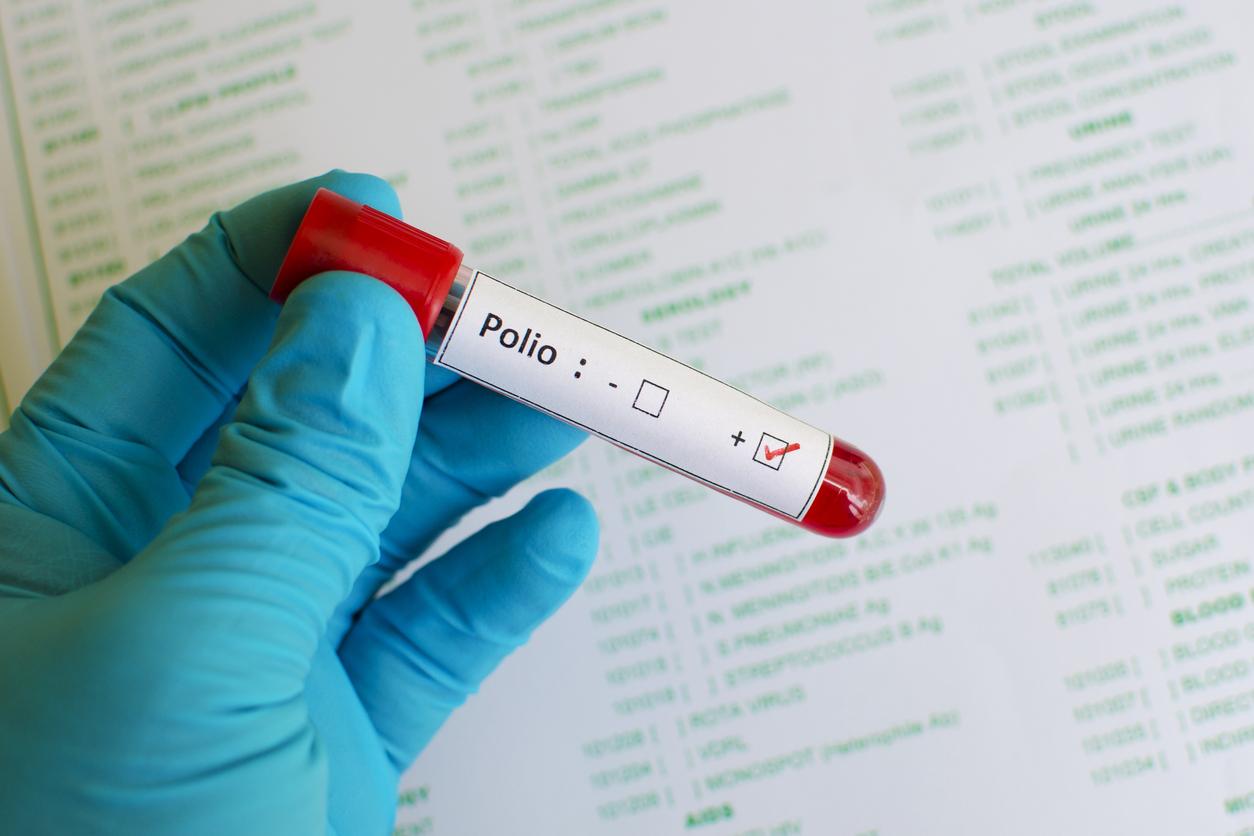We know that ultra-processed foods are to be avoided. These products from the food industry are characterized by the presence of additives: preservatives, flavor enhancers, emulsifiers, sweeteners… On supermarket shelves, ultra-processed foods are easy to spot: their list of ingredients is long and includes many “codes” (E 300, E 104, E 129…).
In recent years, several scientific studies have found links between excessive consumption of ultra-processed foods and certain pathologies – depression, cognitive decline, ovarian cancer, irritable bowel syndrome, obesity… Result: today today, the health authorities invite us to “eat less“.
Researchers from the Institute of Tropical Medicine (in Belgium) looked at the consumption of ultra-processed products in Europe. For this, the Belgian scientists studied data collected by the European Food Safety Authority (EFSA) concerning the eating habits of 22 European countries.
Homemade, a bulwark against ultra-processed foods
Result ? It is in Sweden and the United Kingdom that we eat the most ultra-processed foods: these represent respectively 42% and 41% of daily caloric intake in adults. These are mainly pastries (biscuits, cakes, croissants, pastries… industrial) and non-alcoholic drinks (sodas, lemonades, fruit juices, syrups… also industrial).
At the other end of the spectrum, the European countries least attracted by ultra-processed products are Italy (with only 13% of daily caloric intake) and Romania (15%). France, on the other hand, is in the middle of the ranking: every day, we consume around 29% ultra-processed foods.
How to eat less ultra-processed foods during the day? “By cooking with fresh, seasonal, unprepared canned or frozen foods (like plain vegetables or fish fillets), we can limit our consumption of ultra-processed foods“answers Santé Publique France. Homemade is clearly better for your health!
Sources:


















